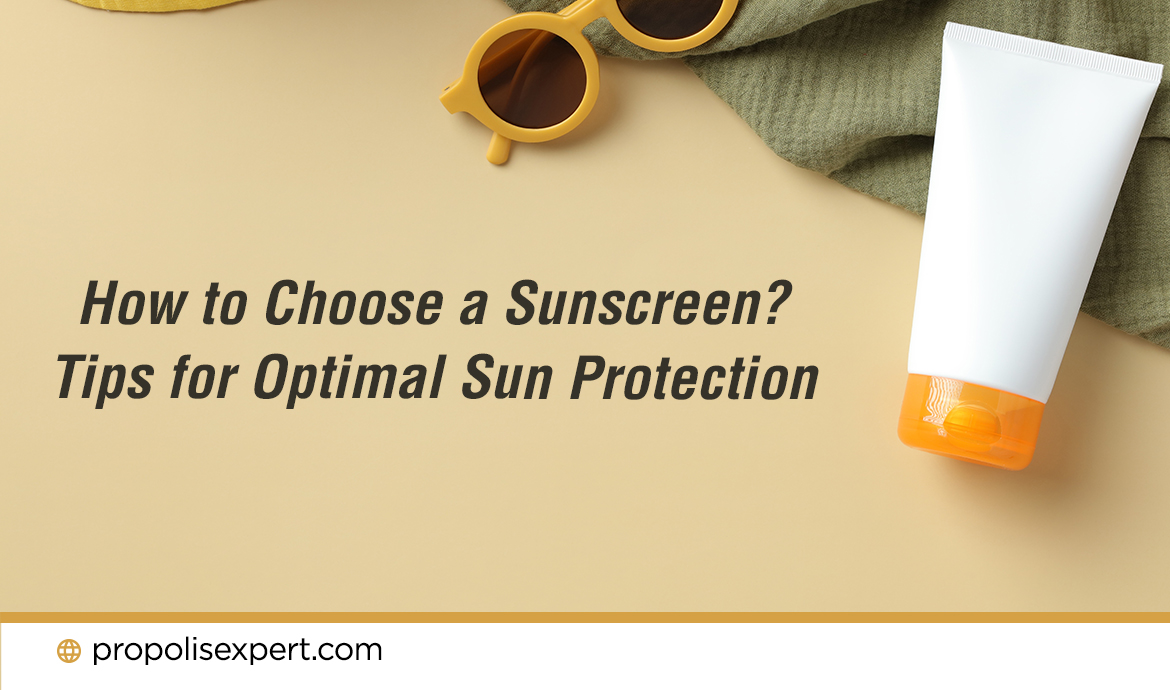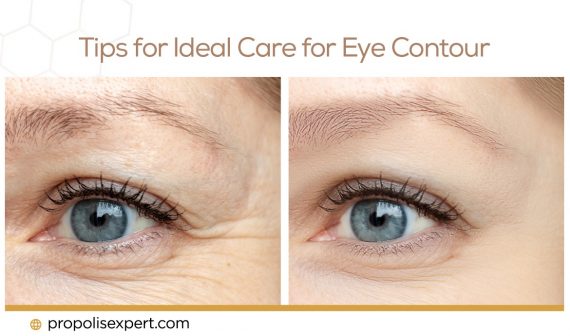How to Choose Sunscreen?
Using sunscreen is crucial to minimize the adverse effects of sun exposure on our skin. However, there are some important factors to consider when selecting sunscreen. Here are some tips to keep in mind when choosing sunscreen:
How to Achieve the Most Effective Sun Protection?
The effectiveness of a sunscreen product relies on its SPF (Sun Protection Factor) value. SPF indicates the degree of protection provided by the sunscreen. In other words, it shows how much longer it takes for redness to develop on protected skin compared to unprotected skin. For example, if a person usually develops redness within 10 minutes of sun exposure, using a product with SPF 15 extends this time to 150 minutes. As a general rule, choose sunscreen with at least SPF 30 for daily use. If you plan to spend more time at the beach or in intense sunlight, you can opt for products with SPF 50+ PA++++.
Which Sunscreen Is Recommended for Sensitive and Prone Spots Skin?
When selecting sunscreen for sensitive skin, the first thing to consider is whether the product has been dermatologically tested. The tests ensure the product’s effects on the skin are safe and suitable for sensitive skin. Opting for dermatologically tested products helps protect your skin while reducing the risk of possible irritation. For sensitive skin, choosing sunscreens that are free of chemicals and contain mineral filters is important. Chemical ingredients can irritate some skin types. Therefore, selecting sunscreens that are not chemically filtered and are 100% natural can be a wise choice to reduce skin sensitivity. It is crucial for sensitive and prone to spots skin to choose broad-spectrum sunscreens. Broad-spectrum sunscreens provide effective protection against both UVA and UVB rays. While UVA rays can cause aging signs and pigmentation, UVB rays can lead to sunburn. Therefore, selecting broad-spectrum sunscreens ensures your skin is protected from UVA and UVB rays.
Does Skin Color and Skin Type Affect Sunscreen Selection?
Sun protection is essential for all skin types. However, skin color and skin type are important factors that influence sunscreen selection. Generally, individuals with fair skin are more sensitive to the harmful effects of the sun. Therefore, people with fair skin should use high-factor sunscreens with SPF 50+ PA++++ to ensure greater protection. On the other hand, individuals with darker skin naturally have more tolerance to sun exposure. However, this does not mean they are completely protected from the harmful effects of the sun. Therefore, individuals with darker or olive-toned skin also need sun protection. The sun, sea, wind, and sand can dry the skin. Therefore, choosing natural sunscreens that provide additional moisture and antioxidant support to your skin can be beneficial.
Pay Attention to the Label When Choosing Sunscreen!
When purchasing sunscreen, it is essential to read the product label carefully. A good sunscreen should offer broad-spectrum protection and high SPF, meaning it protects against UVA and UVB rays with SPF 50+ PA++++. Additionally, it is advisable to choose a water-resistant sunscreen and follow the instructions regarding reapplication after sun exposure. Some sunscreens may also contain additional beneficial ingredients such as propolis, which is rich in antioxidants, or natural plant oils and vitamins for enhanced skincare benefits. Opting for sunscreens that offer potential additional benefits for your skin can be a wise choice!
Key Considerations for Choosing the Best Sunscreen
Broad-Spectrum Sun Protection: A good sunscreen should protect against UVA and UVB rays. While UVA rays can penetrate deep into the skin and cause aging signs and skin cancer, UVB rays cause sunburn.
High SPF Value: Another important factor to consider when buying sunscreen is the SPF (Sun Protection Factor) value. SPF indicates the level of protection provided by the sunscreen. To ensure maximum protection against harmful UVA and UVB rays, you can choose natural sunscreens with SPF 50+ PA++++. This high SPF value will help protect your skin from sunburn and other sun-related damage.
Water Resistance: If you are in contact with water, especially in places like the beach or pool, it is important to use water-resistant sunscreen. This way, you can maintain protection even after sweating or water exposure. However, it is still crucial to reapply the sunscreen after water contact, as indicated on the product label, to ensure complete protection.
Natural Ingredients: Opting for sunscreens with natural ingredients is beneficial to protect both the oceans from chemical pollution and your skin from potential irritation caused by chemicals. Regarding natural sunscreens, non-nano mineral zinc is an effective natural mineral filter. It creates a thin layer on the skin’s surface, reflecting sunlight and creating a natural protective barrier without penetrating deep into the skin. Conversely, propolis is a 100% natural compound derived from bees and has high phenolic and flavonoid content. It provides natural antioxidant support to your skin, promotes detoxification, and helps remove dead skin cells from the surface.
Conclusion
Considering these tips, you can make well-informed decisions when choosing sunscreen to protect your skin effectively. Remember the importance of broad-spectrum protection, a high SPF value, water resistance, and natural ingredients like non-nano mineral zinc and propolis. These factors are crucial for ensuring optimal sun protection and maintaining the health and well-being of your skin.






